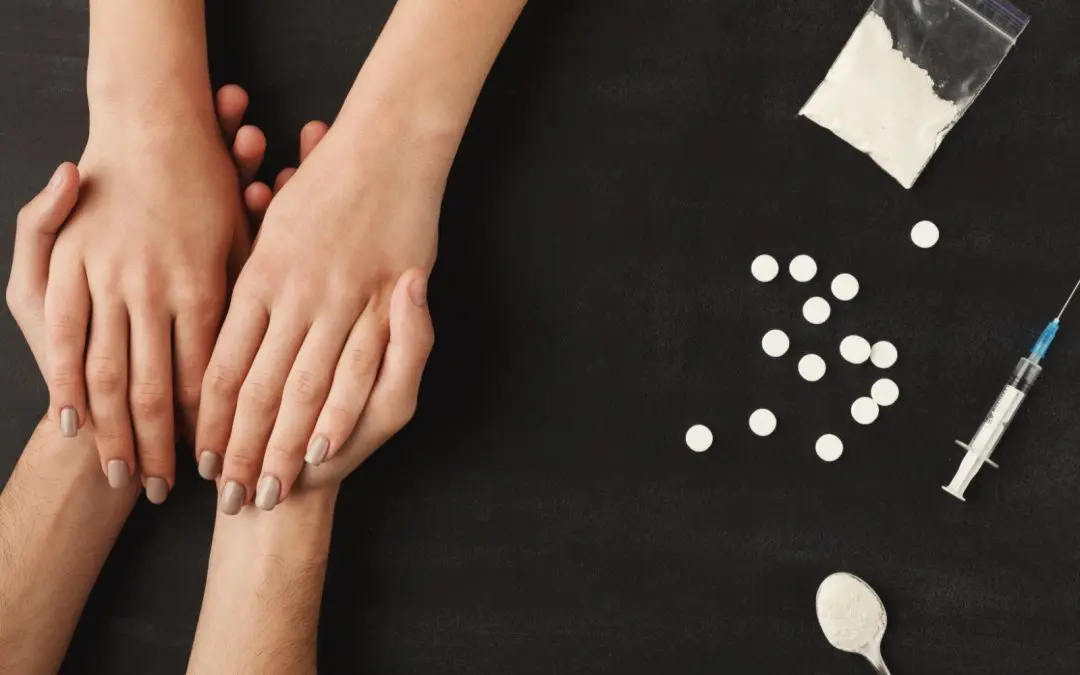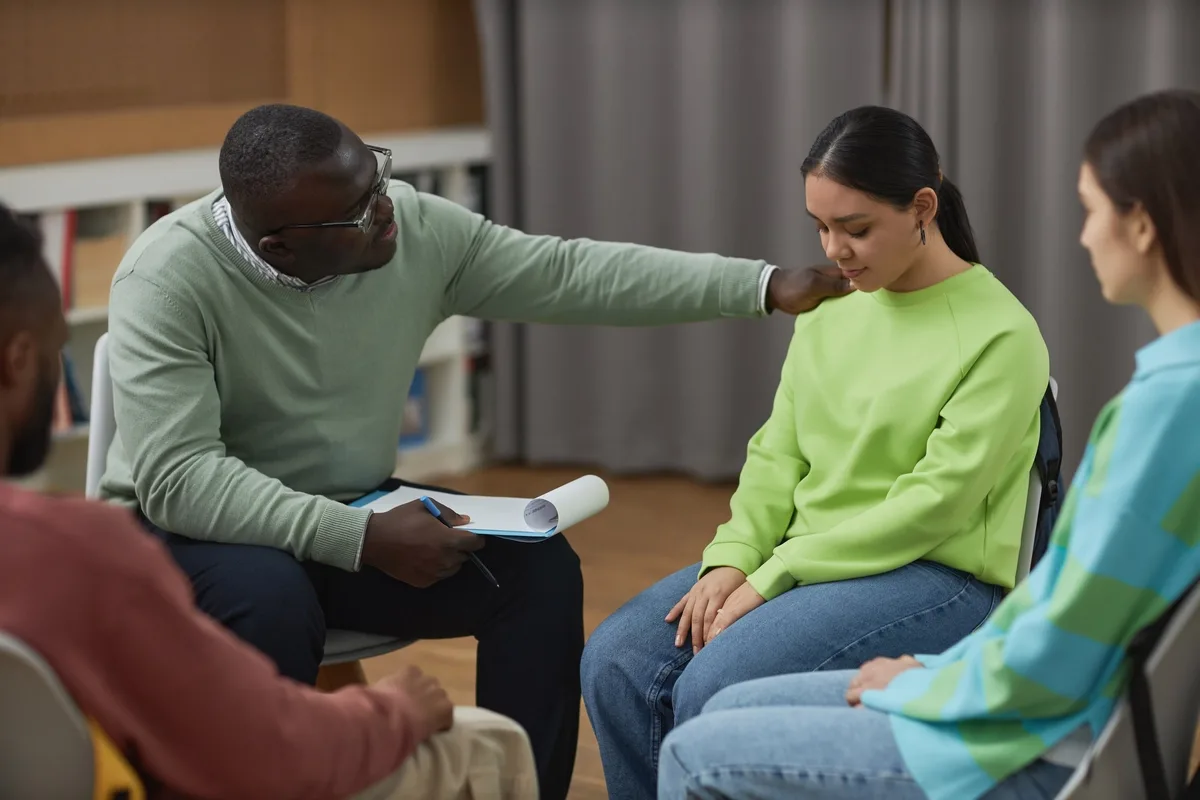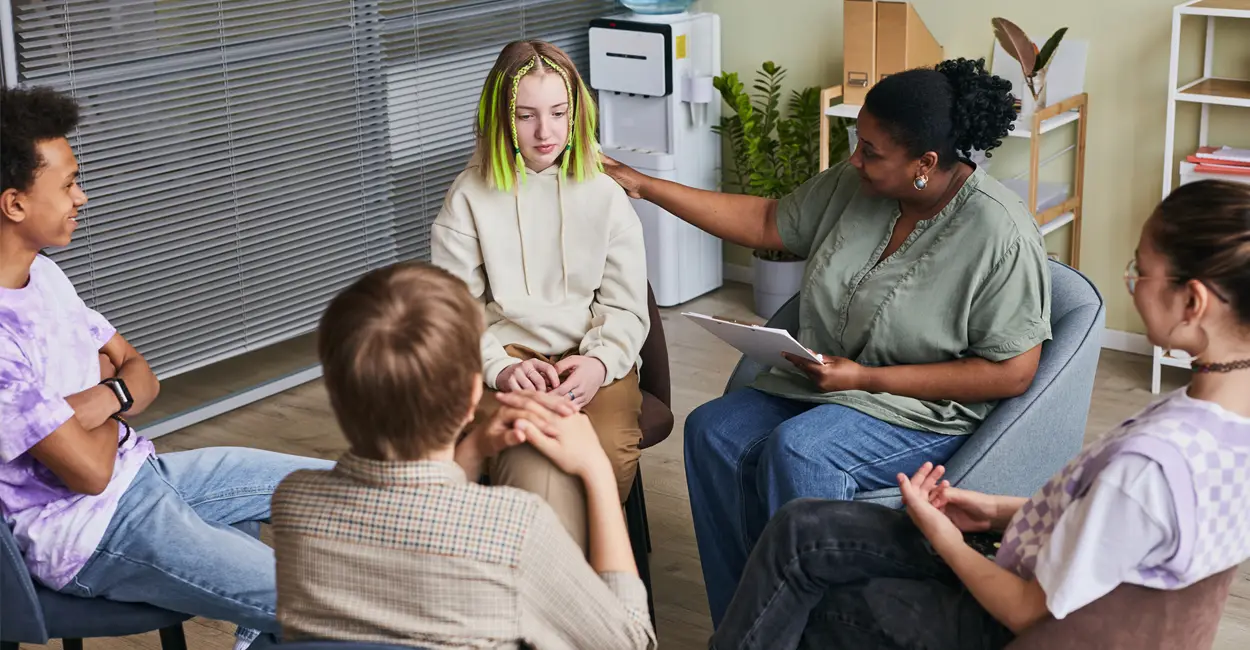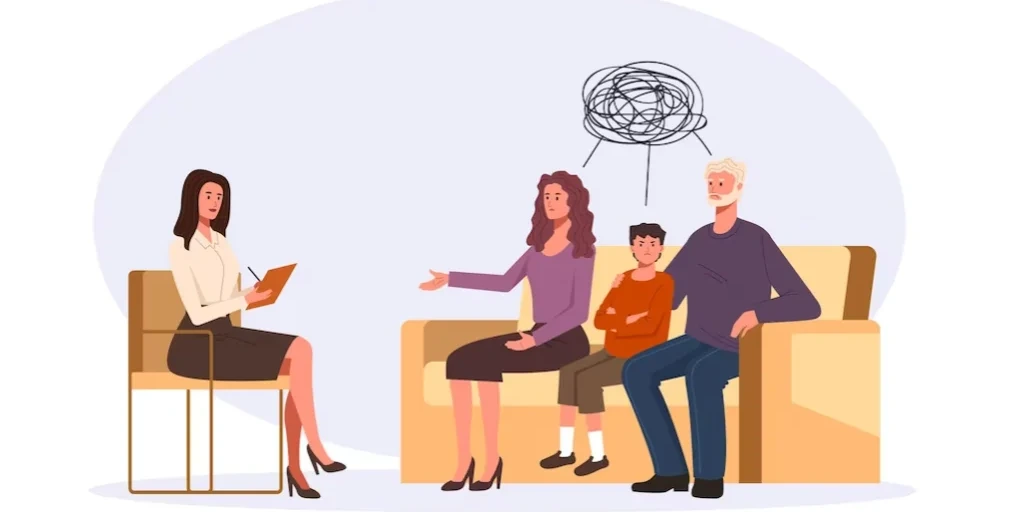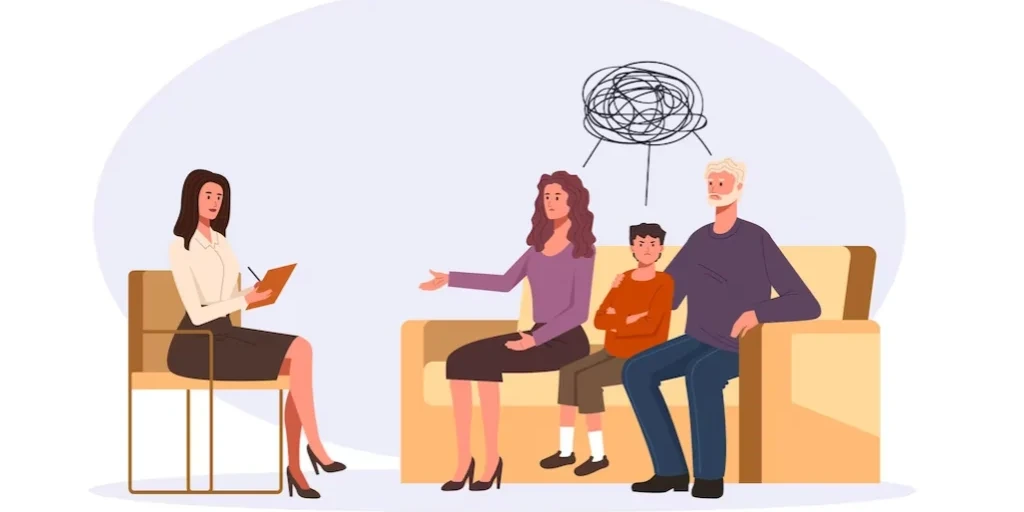24/7 Helpline:
(866) 899-221924/7 Helpline:
(866) 899-2219
Learn more about Aftercare Support centers in Marion County

Other Insurance Options

Private insurance

Self-pay options

GEHA

Magellan Health

Sliding scale payment assistance

Access to Recovery (ATR) Voucher

CareSource

Highmark

WellCare Health Plans

American Behavioral

Providence

Excellus

ComPsych

Regence

Ceridian

Cigna

UMR

Medical Mutual of Ohio

Optum

United Health Care
